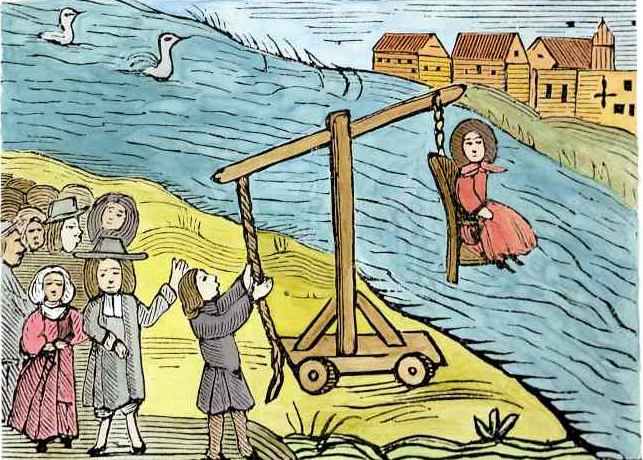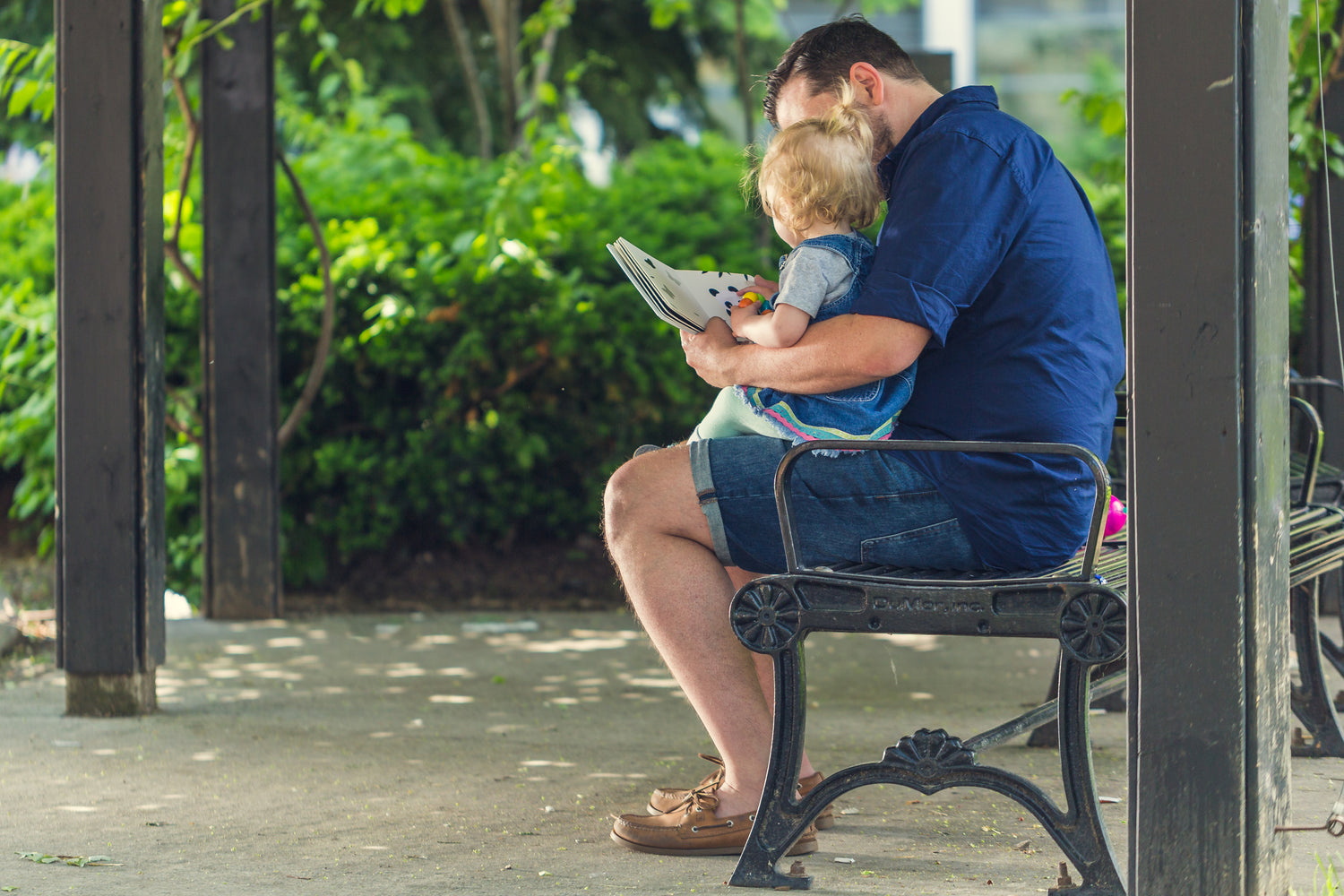
Schooling is necessary. Or is it?
Schooling. It’s something we all take it for granted as normal, and it shapes our understanding of childhood, teaching and learning.
We’ve all been through the system, we accept the system, we believe it’s necessary.
We believe that learning and education requires schooling.
Except that an
increasing number of parents are questioning this. In the same way as people are questioning many aspects of parenting and the parent child relationship, so too are parents applying critical thinking to education. Doing so leaves the system sorely lacking.
Fundamentally, it becomes clear, that schools are not institutions in which children’s rights are realised. Traditional schools are based on patriarchal models of power. The head teacher at the top, the patriarch, the other adults in the setting sub patriarchs, and the children take the role of children in patriarchal society.
The children are submissive to the patriarch, of lower status than adults, and with strictly limited and controlled opportunities for participation.
Intersectional Feminist Parents
To progressive, feminist, critical thinking parents, this is just not a model of socialisation that is acceptable. These parents are aware of the
oppression of children in society, of the prejudice and discrimination they experience on the basis of being not adult.
They see that schooling undermines children’s agency and best interests, their well-being, voice, and experience of the world.
Why would you want your child socialised into building a patriarchal mindset and belief system when you are actively trying to deconstruct patriarchal dominance?
Schools nurture the minds of society, what happens within them determines how our society looks and acts.
Studies have shown that the environment created in school directly influences the nature of the society around that school.
If you want a socially just society, you need to create a socially just environment in school. Patriarchy has to go and children’s/human rights must prevail.
What to do?
In this situation, what options are there for parents? Try to find a school/teacher that has
an awareness of this dysfunctional and oppressive power dynamic, and who tries to mitigate it’s impact in their own classroom?
Try to find a school that has implemented children’s rights?
These are golden unicorns.
What is more possible, is to opt out of the system all together. To forge your own education system and community. One based on children rights, respect and dignity for all. One
based on the principles of human and environmental rights. One that is actually inclusive and embracing of individuality. One that trusts the learner, that doesn’t undermine self belief.
A system that puts the power of learning in the hands of the learner not the patriarch.
And what is the name given to this revolutionary, progressive, transitional form of education?
‘Home education.’
How inadequate. This gives no indication of the intention of this grassroots system in the making, any more than ‘house wife’ explains the role being performed by dedicated intersectional feminist mothers.
It is a
grassroots education movement that will lead the way to a society who believe in, can envision and who are deeply committed to justice for all, in their direct community and globally. Some call it unschooling. There just isn’t an adequate descriptive term.
And what do people think of ‘home education’?
People do not understand
education outside of school. Admittedly, I didn’t understand it before I found myself in the middle of it.
I was the patriarch’s favourite child throughout my schooling. I pleased and appeased ‘him’ in many ways and experienced enhanced privilege within the system because of it.
Because of my favourited status,
I was blind to the reality of the system. Believing I was participating – I realise now that my participation was a reward, in exchange for pleasing and complying.
I believed my privileged status was earned, that I was deserving because of my ability, because of my hard work. I was blind to the invisible barriers in schooling that advantage certain students and disadvantage others.
Like in an abusive family,
the favourited child fails to be aware of or believe in the possibility of the abuse of another child within the family. To them the patriarch is benevolent and loving, and any one not in receipt of that love has themself to blame.
Women Lead The Movement
Because our entire society is patriarchal and founded on misogynistic beliefs, there is a deep distrust and suspicion about home education.
In most home educating families, it is the mother that shares the majority of her time with the children, who builds and networks with other parents in this grassroots system. It is this fact that causes people to resist and be alarmed at the thought of education outside of school.
As we all know, women that deviate in any way from their assigned role, or have taken action outside of what is approved by patriarchy, have been treated with mistrust and suspicion, as witches.
This misogyny is deeply rooted in our subconscious, a legacy of mistrust.
We tell women not to spend too much time holding their babies/sleeping with their babies/loving their babies because it is bad in some way.
Liberation Through Love
Rather than foster intergenerational community,
we say children must be separated from their mothers for their own good (the mother’s and the child’s), and the earlier the better, by being sent to nursery/pre school/school. That a mother’s presence is negative and undesirable, that it detracts from a child’s experience rather than enhancing it.
We even say this when a child is crying and screaming, and demonstrating trauma at
separation.
We still believe that trauma is better for them than spending too much time with their mother.
Too much love is bad for a person – it will make them weak and lesser. A mother’s love is suffocating and overbearing. That is the prize jewel belief of the patriarchal mindset.
It totally distracts us from the potential of love for liberation.
And so, the thought of a mother being the primary adult present in a child’s learning journey? How dangerous, how risky, how problematic. Misogyny screams at the very idea.
What is so much better and safer is passing the children over to the patriarch, the state, the headteacher. Much better for a child to be socialised under the oppression of patriarchy, than in
the freedom and empowerment of a parent’s love and support.
Written by Sophie Christophy
Republished with permission and first published on March 17, 2016 on
Sophie's unique blog




